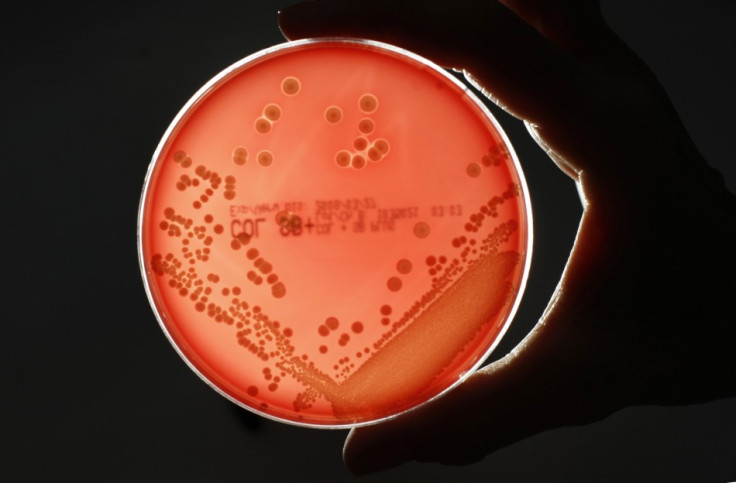Human breast milk protein could wipe out superbugs
Scientists hope the discovery will help tackle increasing antibiotic resistance

Scientists have developed an antibiotic from human breast milk that can wipe out certain types of superbug. They found that Lactoferrin effectively kills some drug-resistant bacteria, viruses and fungi on contact.
It is hoped the discovery by the National Physical Laboratory and University College London could help tackle antibiotic resistance to superbugs. There are also hopes that it could be used to fight incurable diseases like sickle-cell disease.
Less than a nanometre in width, the fragment of breast milk is responsible for giving the protein its anti-microbial properties. This is why breast milk is so important in protecting newborns from diseases.
The findings reported in the Royal Society of Chemistry journal Chemical Science said that after identifying the fragment researchers re-engineered it into a virus-like capsule. This was able to recognise and target specific bacteria damaging them on contact without affecting any surrounding human cells.
Unlike most conventional antibiotics, the new drug attacks the basic biology of bacteria in a way that makes it almost impossible for them to evolve defences.
"To monitor the activity of the capsules in real time we developed a high-speed measurement platform using atomic force microscopy," said Hasan Alkassem, a student who worked on the project.
"The challenge was not just to see the capsules, but to follow their attack on bacterial membranes," he added: "The result was striking: the capsules acted as projectiles porating the membranes with bullet speed and efficiency."
The breakthrough opens a new front in the fight against superbugs, something David Cameron recently warned could plunge modern medicine "back into the Dark Ages".
Worldwide, antibiotic-resistant bugs kill about 700,000 people each year, including around 10,000 in Britain. A panel set up by the prime minister forecast claim 10m lives around the and £700bn ($998bn, €924.84bn) a year by 2050 if the problem was not tackled.
England's chief medical officer Dame Sally Davies, chief medical officer for England, said more needs to be done by governments and experts to tackle the problem.
"We need on average 10 new antibiotics every decade," she said in an interview with The Times newspaper. "If others do not work with us, it's not something we can sort on our own."
She added: "This is a global problem. I am optimistic about this. The science is crackable. It's doable."
© Copyright IBTimes 2025. All rights reserved.





















